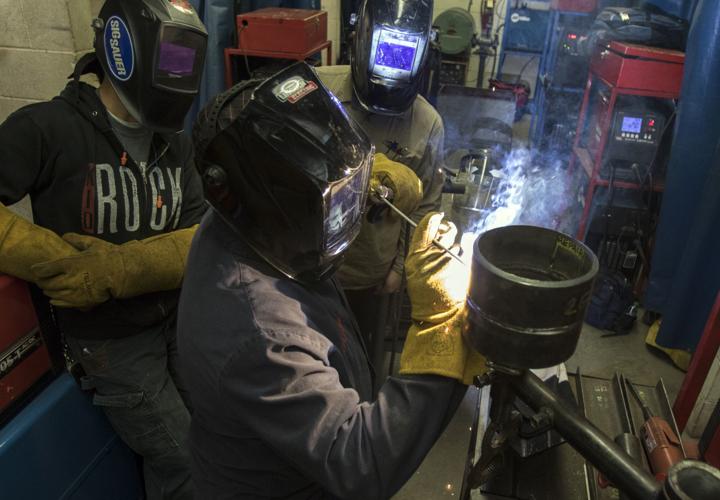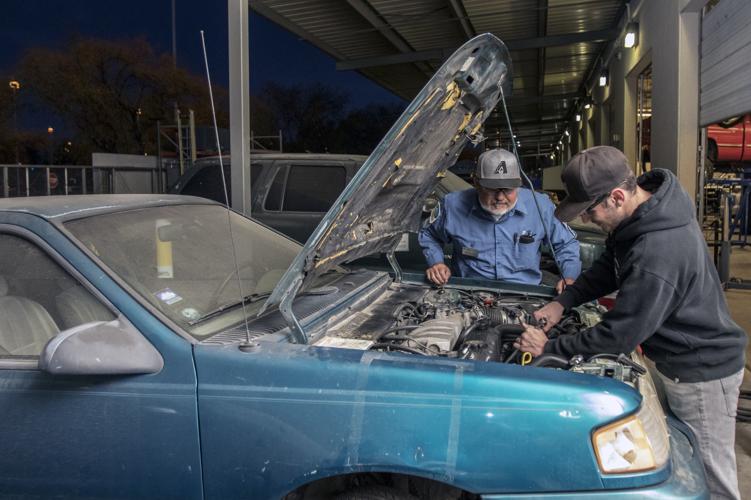As more companies look at the Tucson market for potential relocation or expansion, Pima Community College is expanding its workforce development program to be part of the appeal.
The school recently bought two hotels next to the downtown campus, near Stone Avenue and Speedway, for its Center of Excellence in Applied Technology program.
The three areas of focus will be transportation, manufacturing and infrastructure, said Ian Roark, vice president of workforce development for PCC.
“We really are not positioned in many programs to deliver the quantity of skilled technicians needed for our area,” he said. “The footprint of many of our programs simply isn’t big enough.”
The purchase of the Tucson Hotel & Resort, 333 W. Mabel St., west of the downtown campus and the Tucson Inn, 127 W. Drachman St., north of the campus, will allow for that growth.
“It’s not just about bigger labs; it’s about partnerships,” Roark said. “Many of the needs have been brought to the attention of the college by businesses.”
A shortage of skilled labor has been cause for concern as the economy climbs back to life, but employees are hard to find.
A recent visit to Tucson by the Site Selector’s Guild included a tour of the mechanic, machining and welding programs PCC offers.
The guild is charged with identifying cities that offer the infrastructure and labor pool for companies looking to relocate or expand.
The Center of Excellence in Applied Technology is critical to that recruiting effort, said Larry Lucero, senior director of government relations for Tucson Electric Power Co.
“The big challenge the big employer has, whether in Tucson or another other city in the U.S., is finding that prepared workforce,” he said. “Our community college’s have to prepare that workforce.”
Filling labs with students who are interested in the skilled labor field will make Tucson appealing to companies, Lucero said.
“Baby boomers have reached the age of retirement, and we’re in a panic,” he said. “We need to be sure parents appreciate the opportunities that are available, even at the two-year certification level. It’s critical infrastructure.”
Within the three areas that the center will focus on, students will learn about autonomous vehicle technology, machining, prototype and design, and electrical and HVAC careers.
“Beyond the size of the labs themselves, we want to be best-in-class with our workforce education program,” Roark said.
In the automotive arena, for example, students are currently working on older engines that will be updated as part of the expansion.
The college already has adjunct professors from related businesses that teach students, and the plan is to add more.
Roark said the hope is to break ground this summer and have the center ready by the fall of 2020.
About 150 students are enrolled in the machining program and 200 in the automotive program. The goal of the center is to quadruple those numbers, Roark said.
“This is a transformative thing for the college and a significant step forward,” he said. “We want to do an excellent job with this and not be a center of excellence in name only.”





